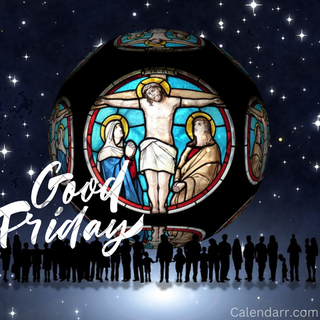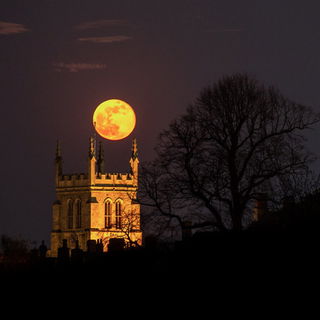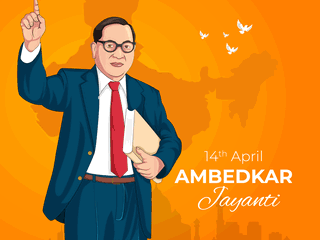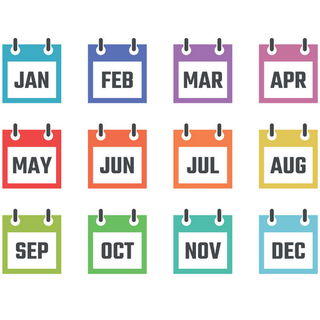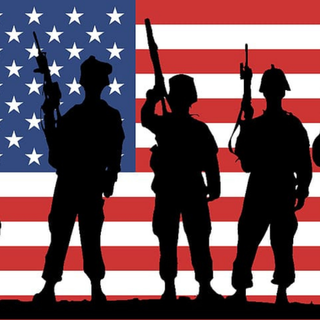- Calendar
- Calendar 2025
- May
- Jamestown Colony Founded
Jamestown Colony Founded
On May 14, 1607, a group of English settlers from the Virginia Company of London founded what became the first permanent English settlement in America. The settlement was established on the bank of the James River and was initially given the name of James Fort until it became a town in 1919. From 1616 until 1699, Jamestown was the capital of the Colony of Virginia.
This is a very important date in the history of the foundation of what would become the United States of America, but it is not a federal holiday.
History
The Beginning
In December 1606, at the orders of King James I, three ships named Susan Constant, Discovery, and Godspeed set sail from England to establish a settlement in North America, after a failed attempt in 1590, with what became known as the lost colony of Roanoke. The fleet, led by Captain Christopher Newport, anchored on the James River on May 13, 1607, and passengers came off the ship the next day to begin building the settlement.
However, the piece of land the colonizers chose to found their settlement had very harsh conditions. The soil was too poor for agriculture, the island was a swamp plagued by mosquitoes, and the water was not safe to drink. At the same time, when the settlers arrived, Virginia was going through a severe drought. The fleet also consisted of rich gentlemen and their servants who, accustomed to the city life, were not built to do the hard labor needed to build a colony. Because of this, after a few months of arriving at the James River, 80% of the settlers were dead. Those who survived, ran for help and to live with the 14,000 Native Americans that had already settled on that land.
In 1608, ships were sent to the colony carrying supplies and Polish and German craftsmen who quickly helped with manufactories to help support the settlement. The arrival of more people, however, meant that again there were too many mouths to feed, and not enough food. With the help of Captain John Smith, the colonizers had a period of peace with the Native Americans, where they exchanged goods essential for survival. However, in 1609, Smith had to return to England and a period of warfare began between the colonists and Indians, which became known as "The Starving Time" as many English died from starvation.
Just as the colonists were about to give up on Jamestown, help arrived in 1910, in the shape of two ships with supplies, 150 more settlers and a new, firmer governor, Lord De La Warr.
Prosperity
New laws were established for the colony, where interactions between the colonists and the Native Americans were strictly limited. However, the settlers still attacked the Algonquian villages, killing many Natives and burning down their homes. At the same time, the English were prospering and building more forts along the River. Their crops were also, for the first time, being fruitful. The fort then expanded into a town.
In 1614, John Rolfe married Pocahontas and a period of peace followed. The relationship with the Native Americans introduced Rolfe to a new type of tobacco that became Virginia's biggest exportation and brought the colony economic prosperity. By 1619 the colony had formed its own model of government. This was also when the first indentured slaves arrived from Africa, trafficked to Virginia on Portuguese slave ships.
Later Years
The Jamestown colony suffered several attacks from the Native Americans through the years, but the beginning of the end arrived in 1676 with Bacon's Rebellion. During a revolution by Virginians against Governor William Berkeley, Jamestown was burned to the ground. Eventually, it began being rebuilt, but many settlers left to Middle Plantation. The statehouse at Jamestown burned again in 1698 and this time colonists chose not to rebuild Jamestown again, but rather the colony's capital was moved to Middle Plantation, whose name was changed to become Williamsburg.
Jamestown Today
Today, the Jamestown Colony, its fort and town, is a heritage tourism site. The site of the original fort and the church tower are some of the historical places that can be visited, as well as almost two million artifacts that have been dug out by archeologists.
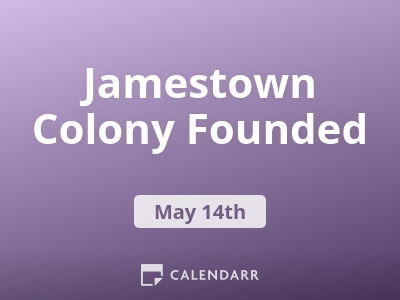
Other Celebrations
-
Jan 16 Thu
-
Mar 01 Sat
-
Mar 12 Wed
-
Mar 25 Tue
-
Jul 29 TueNASA is Founded
-
Dec 13 Sat

Jamestown Colony Founded - Next years
Thursday, 14 May 2026
Friday, 14 May 2027
Sunday, 14 May 2028

